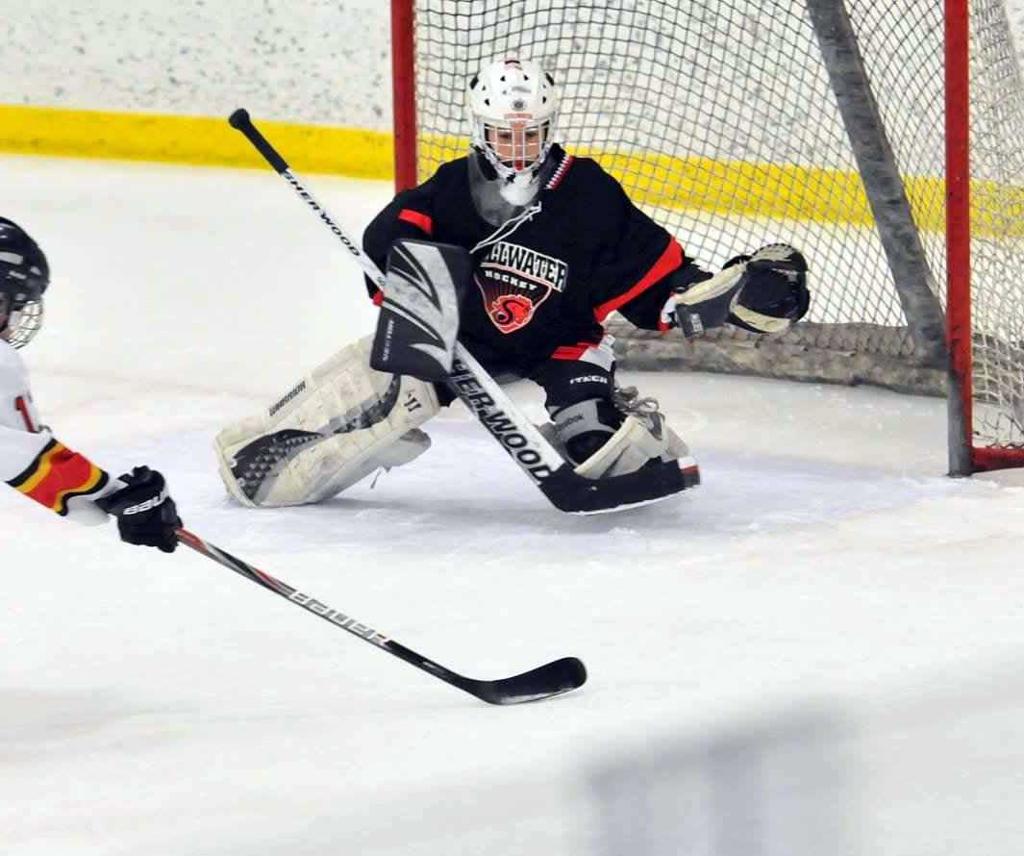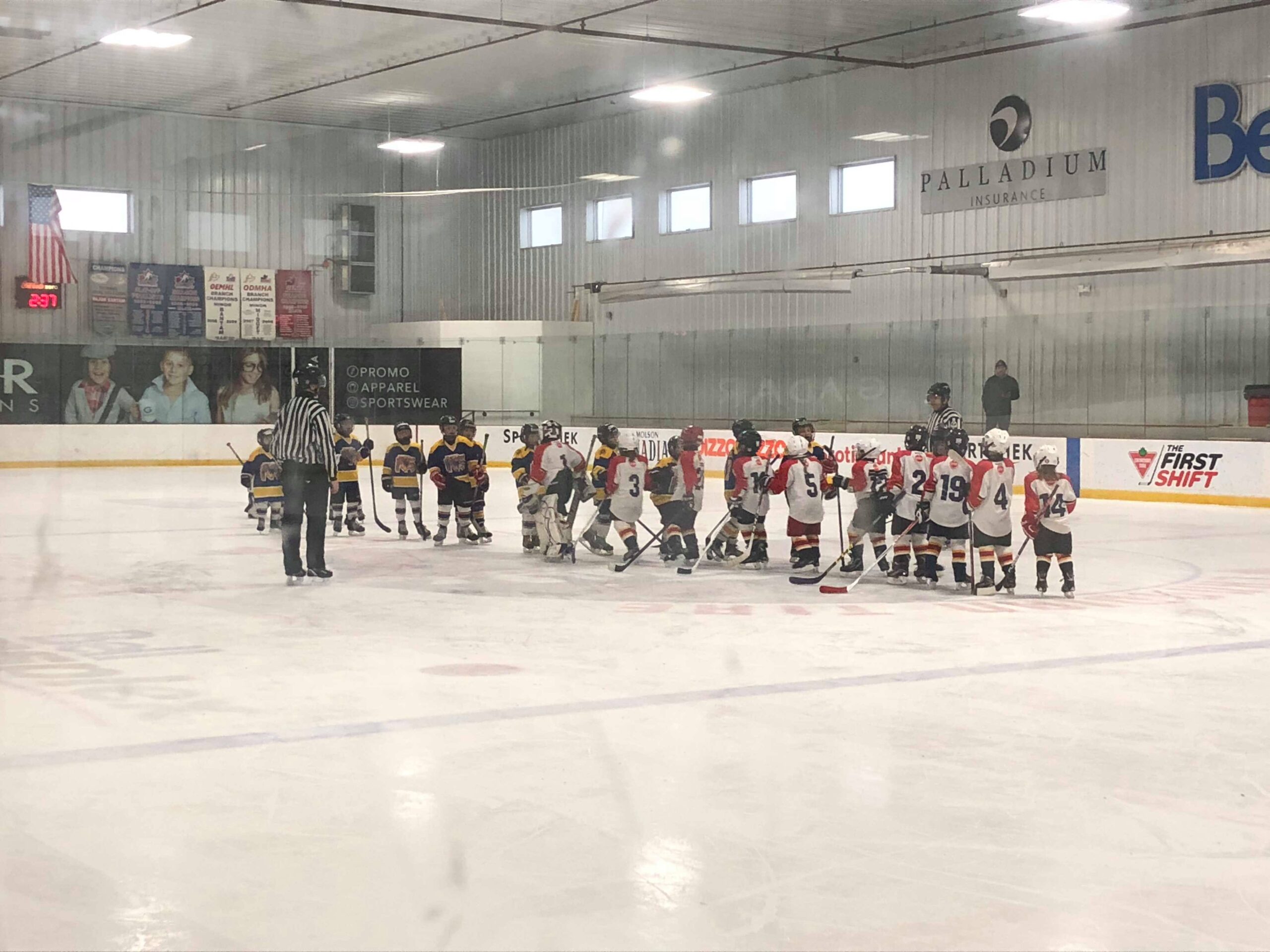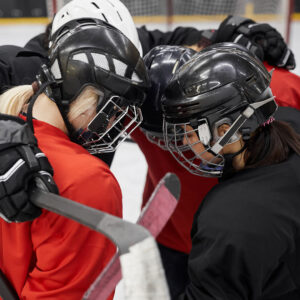While elite AAA teams and hockey academies across Canada are producing the next generation of National Hockey League (NHL) talent, house league hockey is producing a mass number of players that are going to occupy adult recreational hockey leagues someday. Without those recreational leagues from the east coast to the west coast, there would be a severe lack of hockey fandom and corresponding interest in the NHL, and who knows what would happen to the league.
With all that being said – house league hockey players have no reason to give up on their dreams at a young age. With some players being late developers, not having growth spurts well into their teens, or not getting the proper coaching right away, it’s very possible to work your way through the ranks as you get older.

While checking out the Capital House League Championships at the Bell Sensplex in Ottawa over the weekend, we noticed something – the disparity in talent between the house league and competitive levels is shrinking.
Plenty of members of the iPlayHockey team played house league as young kids, and we know for certain that there wasn’t this much talent when we were growing up. We could have sworn the kid pictured above, playing goalie for the West End Bombers, could easily be the next Carey Price or Henrik Lundqvist.
House league hockey also provides parents with an affordable and accessible option, which is crucial given the high cost and amount of travel time you have to dedicate to hockey at the competitive level nowadays.
Some players simply play for the love of the game, too, and that’s completely okay. House league hockey provides them with a stress-free environment where they aren’t constantly berated by their coaches for their on-ice play, but rather praised for any minor improvements they show.
House league hockey is a textbook example of the respect and sportsmanship in this country – handshakes after every game, smiles all around; coaches, parents and players all lifting each other up with positivity. And there is no shame in being a life-long recreational player.


